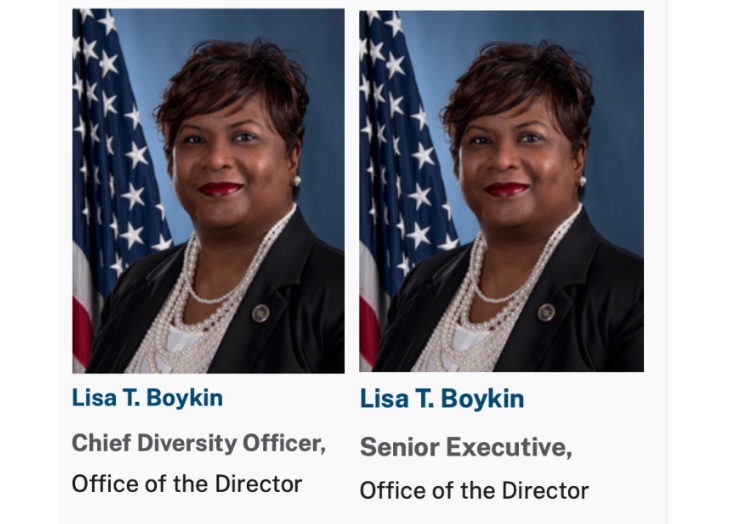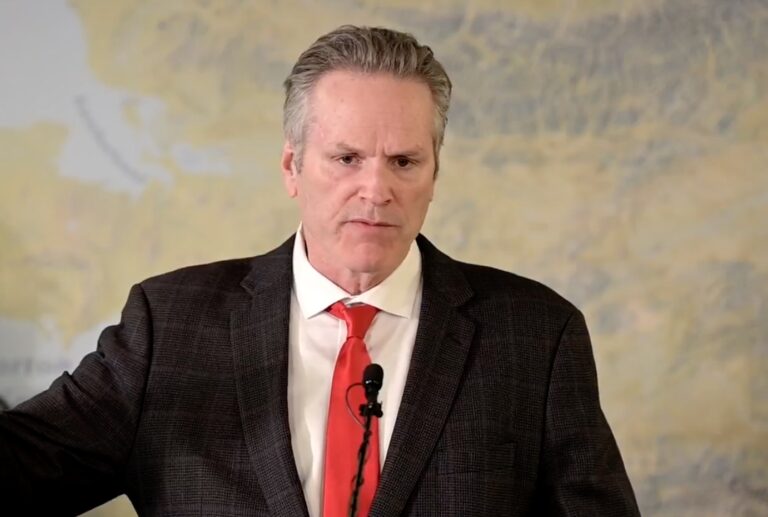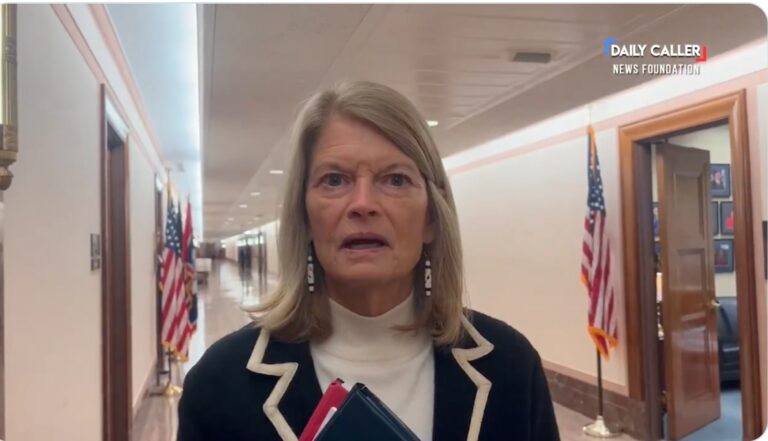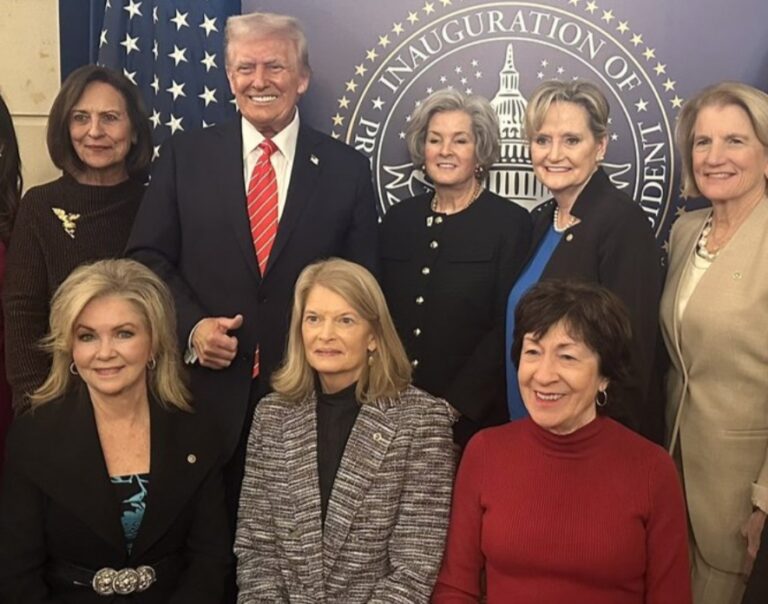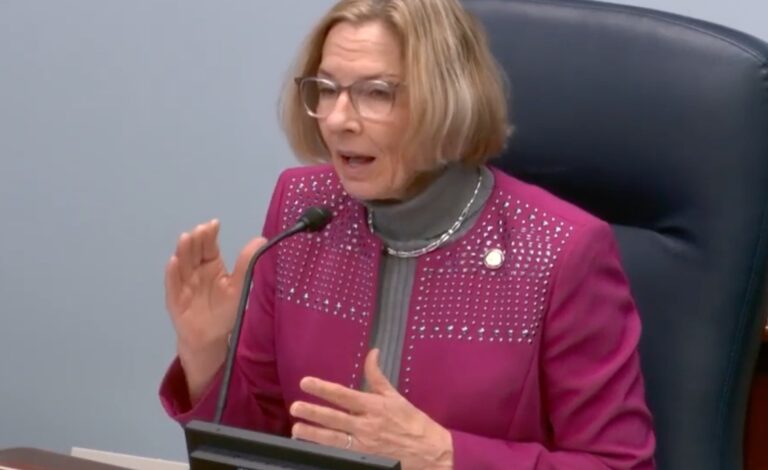It wasn’t professional journalists who uncovered that the Bureau of Alcohol, Tobacco, Firearms, and Explosives (ATF) was defying President Donald Trump’s orders to end diversity-preference hiring. It was citizen journalists.
What these citizens discovered was that after Trump ordered agencies to eliminate all positions dedicated to “diversity, equity, and inclusion” (DEI), the ATF simply changed the job title of its chief diversity officer, Lisa Boykin.
Must Read Alaska investigated the claim and confirmed its validity. Indeed, Boykin is now listed as “Senior Executive, Office of the Director.” However, on Jan. 20 — before Trump’s directive — her title was “Chief Diversity Officer.”
With this new title, it will likely be more difficult to terminate her position and refocus the agency on its essential mission.
Trump’s executive order states, in part:
Each agency, department, or commission head, in consultation with the Attorney General, the Director of OMB, and the Director of OPM, as appropriate, shall take the following actions within sixty days of this order:
(i) Terminate, to the maximum extent allowed by law, all DEI, DEIA, and “environmental justice” offices and positions (including but not limited to “Chief Diversity Officer” positions); all “equity action plans,” “equity” actions, initiatives, or programs, “equity-related” grants or contracts; and all DEI or DEIA performance requirements for employees, contractors, or grantees.
Read the full executive order here.
Citizen journalists are posting instances of such bureaucratic defiance on X. While anything posted on X must be carefully verified, this case checks out.
One year ago, Senators Chuck Grassley and Joni Ernst revealed that the ATF was reclassifying positions within the agency. Specifically, the ATF was unlawfully classifying administrative positions as “law enforcement” roles and had been doing so for decades. This practice violated the law and wasted millions in taxpayer dollars, the senators claimed.
“ATF for years turned a blind eye to classification errors, even after whistleblowers brought it to management’s attention as early as 2018. This maladministration resulted in up to $20 million in overpayments to at least 91 employees who erroneously received enhanced law enforcement salaries and benefits while performing human resources, administrative, and other non-law enforcement duties,” the senators said.
While the ATF lost its authority to reclassify positions as law enforcement in 2020, it has since regained that authority. The reclassification of the DEI position is further evidence that the ATF may be reverting to its previous practices—something the senators explicitly warned against last year.
“Appropriate corrective action must be taken in regard to all employees who allowed taxpayer dollars to be wasted after notification of the aforementioned misconduct,” the senators wrote in 2024. “The American public must know the ATF will not revert to its previous impropriety after the restoration of its classification authority.”
